NCI
-

Better adenoma detection
Fluorescent nanoparticles clearly identified colonic adenomas — precursors to colorectal cancer — in mice, and the formulation should translate to clinical use in humans. Read MoreMay 4, 2023
-
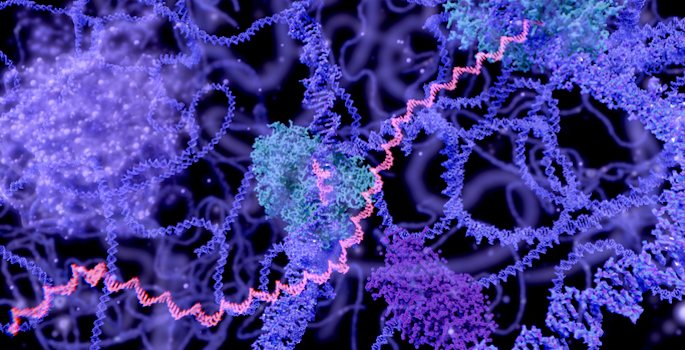
Study details RNA editing in virus-infected cancer cells
Vanderbilt researchers detail the landscape of RNA editing — a form of RNA modification — in primary effusion lymphoma cells during Kaposi’s sarcoma-associated herpesvirus infection and identify an edited viral microRNA that is critical for infection. Read MoreApr 20, 2023
-
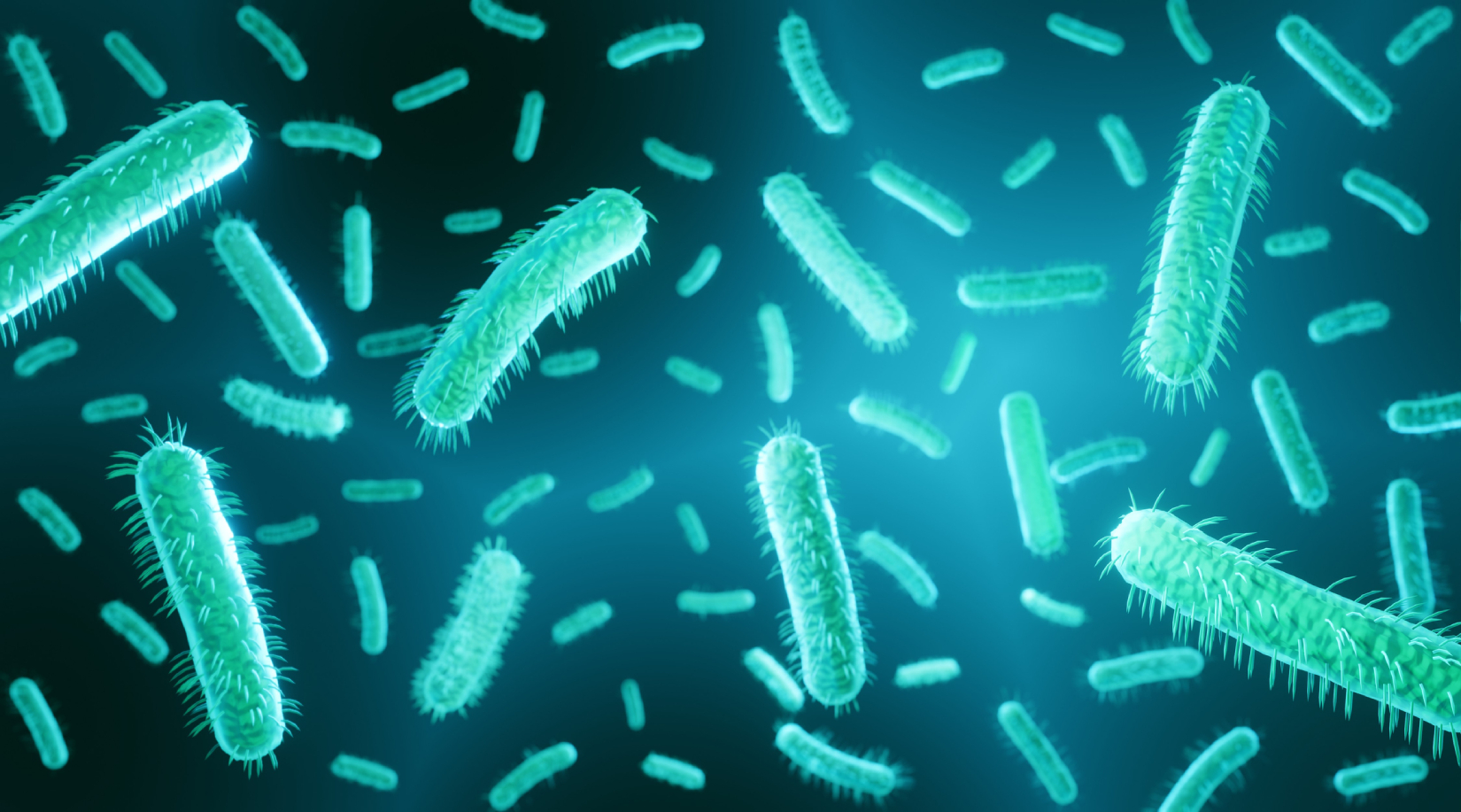
Study describes how E. coli co-opts cells, causes recurrent UTIs
Researchers at Vanderbilt University Medical Center have discovered why the uropathogenic bacterium E. coli, the leading cause of urinary tract infections, is so tenacious; their findings could lead to new ways to prevent recurrent UTIs. Read MoreAug 25, 2022
-

Study identifies first cellular “chaperone” for zinc, sheds light on worldwide public health problem of zinc deficiency
A team led by Vanderbilt researchers has described and characterized the first zinc metallochaperone: a protein that puts zinc into other “client” proteins. Read MoreMay 17, 2022
-

Impaired neutrophils in autoimmunity
Vanderbilt researchers help answer the question of why patients with autoimmune diseases like lupus are more susceptible to bacterial infections: their neutrophils have impaired antibacterial activity. Read MoreJan 27, 2022
-
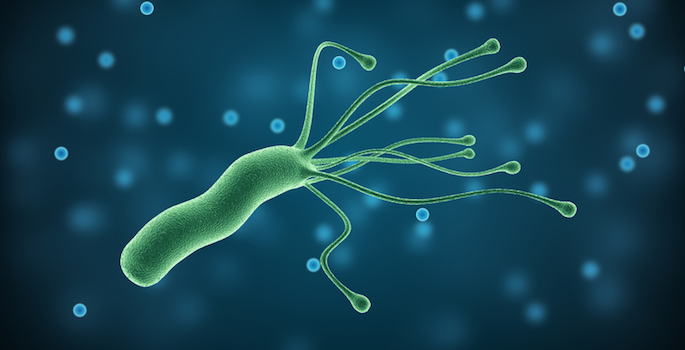
H. pylori, lipid loss and stomach cancer
H. pylori infection — a strong risk factor for stomach cancer — changes the composition of stomach lipids, which could offer new biomarkers for detecting premalignant changes, Vanderbilt researchers discovered. Read MoreJan 17, 2022
-
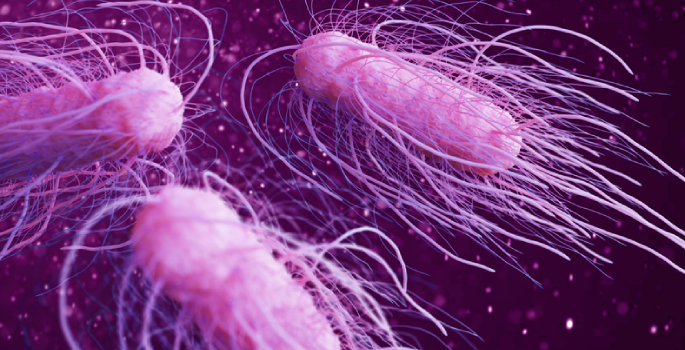
Salmonella overcomes host resistance
The invading pathogen Salmonella, a common cause of food poisoning, can change its metabolism to overcome host resistance to its colonization. Read MoreJan 13, 2022
-

Oral microbes and gastric cancer
Studies in three large population cohorts that include Asian, African American and European American people support a role for the oral microbiota — the collection of microbial species in the mouth — in gastric cancer development. Read MoreDec 13, 2021
-
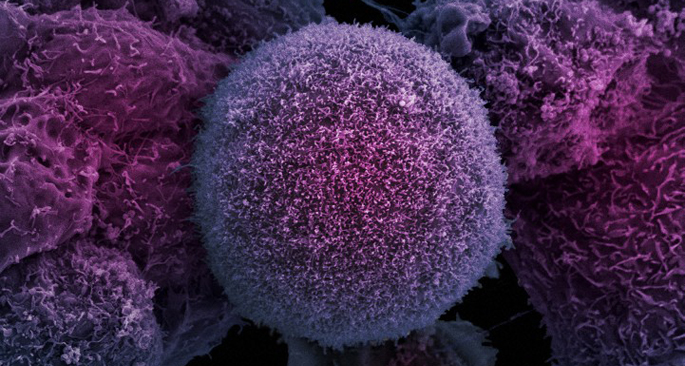
Prostate cancer treatment regret
Vanderbilt researchers suggest that to reduce treatment-related regret for men with localized prostate cancer, treatment preparation should focus on shared decision-making and aligning patient expectations with treatment toxicity. Read MoreDec 9, 2021
-
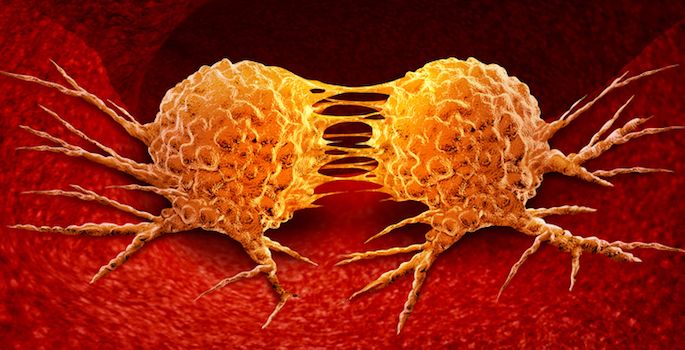
The role of polarity in early cancer
Mutations in the protein epiregulin, an EGF receptor ligand, affect larger epithelial cell reorganization and may contribute to early cancer development, Vanderbilt researchers discovered. Read MoreSep 21, 2021
-

Structural variants in breast cancer risk genes
Vanderbilt epidemiologists conducted in-depth whole genome sequencing of breast cancer risk genes in Black women, who die at higher rates and have more aggressive disease, to discover mutations that may improve testing and treatment selection. Read MoreSep 16, 2021
-

Prediction models for breast cancer
Vanderbilt researchers developed new prognostic models for breast cancer outcomes and found that adding postdiagnostic weight change as a factor improves the prediction. Read MoreJul 27, 2021
-
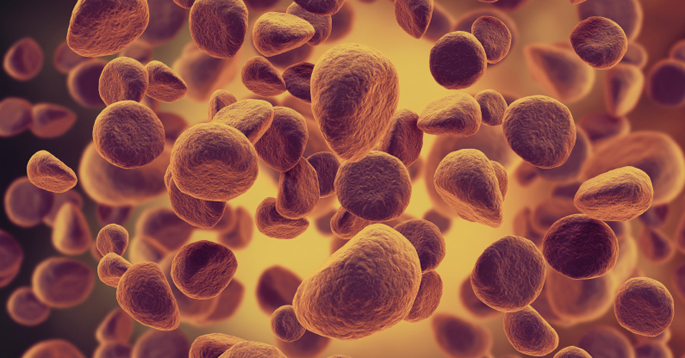
New therapeutic strategy for leukemia syndrome
Using primary cells from patients with chronic myelomonocytic leukemia, Vanderbilt researchers found synergistic inhibition of cell viability and proliferation, suggesting a new treatment strategy. Read MoreApr 20, 2021
-
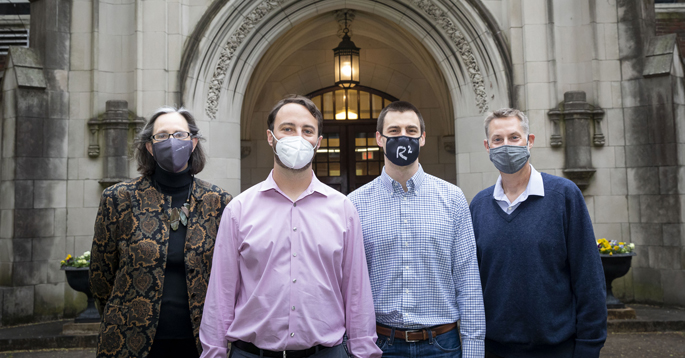
Study revises understanding of cancer metabolism
Tumors consume glucose at high rates, but a team of Vanderbilt researchers has discovered that cancer cells themselves are not the culprit, upending models of cancer metabolism that have been developed and refined over the last 100 years. Read MoreApr 7, 2021
-

Prostate cancer microenvironment
Distinct cancer-associated fibroblasts in the prostate tumor microenvironment may influence tumor progression and could point to new therapeutic targets. Read MoreMar 23, 2021
-
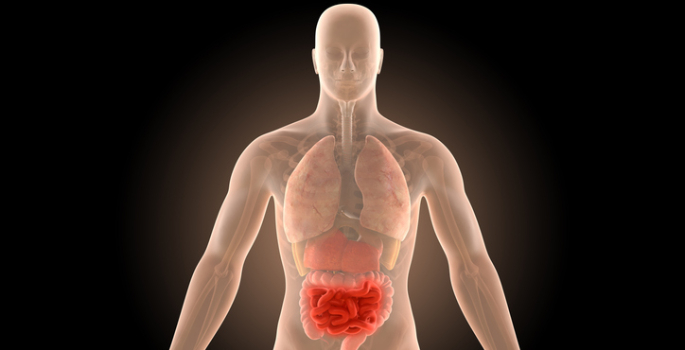
Probiotic protection
A probiotic factor given early in life to mice prevented intestinal inflammation in adulthood, providing a rationale for probiotic intervention in individuals at high risk of developing inflammatory bowel disease. Read MoreMar 4, 2021
-

Gene network for leukemia factor
A new method speeds the analysis of factors that control gene expression from days to minutes, allowing researchers to uncover new targets for cancer treatment. Read MoreFeb 4, 2021
-
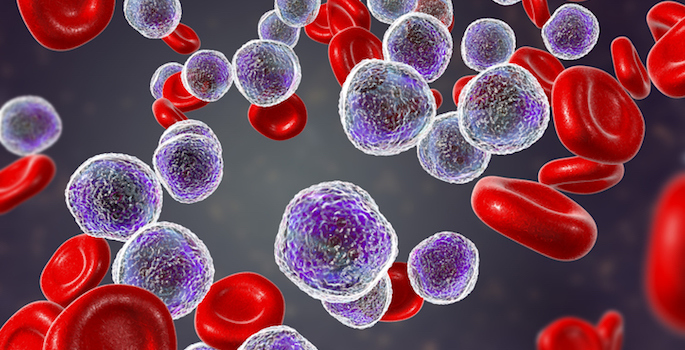
An interacting factor in leukemia
A blood stem cell protein plays a role in the initiation and progression of leukemia, Vanderbilt researchers have found. Read MoreJan 25, 2021
-

Cancer Institute grant funds new integrated approach to early lung cancer detection
Vanderbilt researchers have received a National Cancer Institute grant to develop a novel, integrative approach to detect early signs of lung cancer. The four-year project builds on a related, recent study that established the value of using three separate measures—structural imaging, a protein marker and information available from electronic health records—to predict lung cancer in... Read MoreJan 22, 2021
-
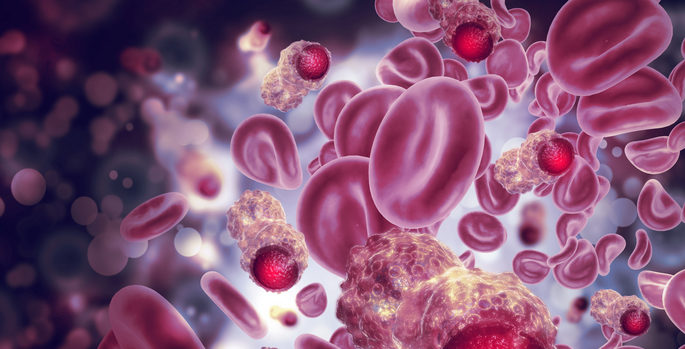
WIN for blocking cancer growth
William Tansey and colleagues identified proteins that interact with the cancer drug target WDR5 and are important for cancer cell growth. Read MoreJan 21, 2021